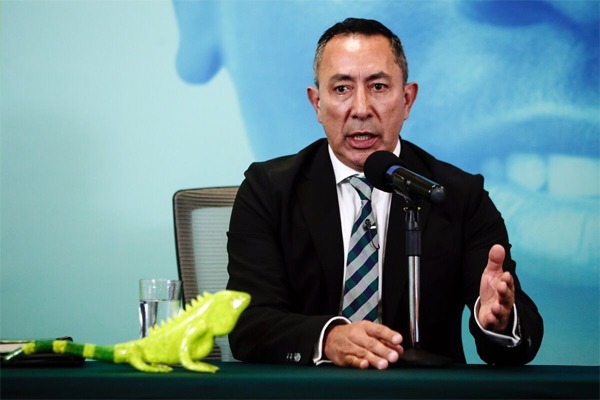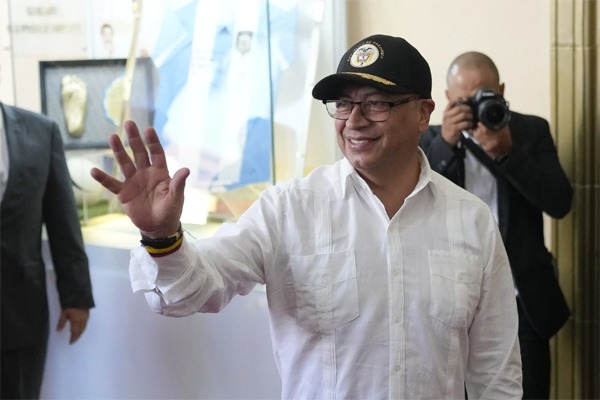Ex-minister says leftist President Gustavo Petro vetoed Ecopetrol SA’s $3.6 billion agreement.

Andrea Jaramillo, Bloomberg News
BOGOTA
EnergiesNet.com 08 24 2024
Investors in Colombia’s state oil company have watched warily for two years as President Gustavo Petro tried to squelch the nation’s fossil-fuel production. They have a fresh reason to worry.
Ecopetrol SA surprised the market last month by pulling out of a $3.6 billion deal to buy a stake in Texas shale-oil assets from Occidental Petroleum Corp. Ecopetrol Chief Executive Officer Ricardo Roa said the board scrapped the deal because it required too much debt.
There was another reason, though, according to Juan Carlos Echeverry, a former Ecopetrol CEO and ex-Colombian finance minister. He said on a radio program in Bogota that Petro, Colombia’s first leftist leader, personally killed the deal.
Occidental CEO Vicki Hollub wasn’t happy.
“We thought we were done,” Hollub said on a call with analysts. “But President Petro of Colombia didn’t approve of it. And he’s made it very clear to the world that he’s anti-oil and gas, anti-fracking, and anti-US.”
A Petro spokesman declined to confirm whether the president had intervened in the deal but said the administration has “always expressed our interest in moving forward hand in hand with Ecopetrol.”

It’s not entirely surprising that Petro would be opposed to a company that’s roughly 90% owned by his government buying more fossil-fuel assets.
He’s called fighting climate change a matter of “life and death,” proposed a ban on fracking and refused to grant licenses to explore new natural gas wells, even as Colombia faces a shortfall of the fuel.
Until now, Petro had largely stuck to using regulatory agencies to hinder fossil fuels. Blocking the Occidental deal marks the first time he’s directly intervened in a major decision at Ecopetrol. Or at least the first time it’s become public.
The implications stretch beyond Colombia’s borders.
With output of about 790,000 barrels per day, Colombia is Latin America’s fourth-largest oil producer and a key source of heavy, sour crude used to make diesel.
The market for sour barrels is already tight, in part because two other producers — Venezuela and Mexico — face their own production struggles. So Petro’s willingness to insert himself into the affairs of Ecopetrol adds a fresh layer of uncertainty about the region’s already wobbly supplies.
–Andrea Jaramillo, Bloomberg News
bloomberg.com 08 23 2024








